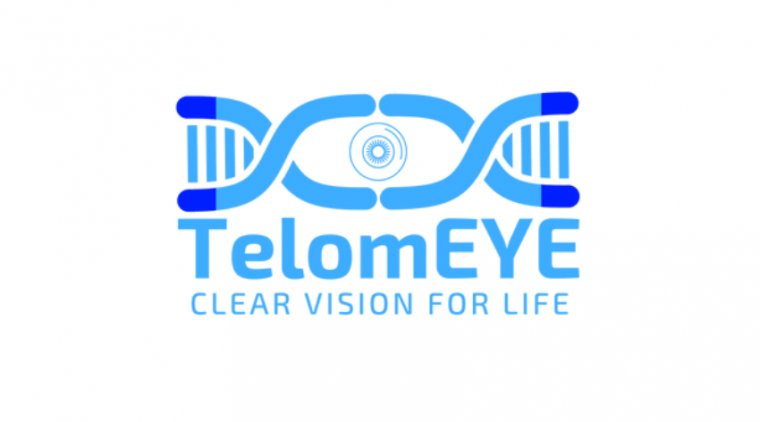
Viatris Launches RYZUMVI™ (Phentolamine Ophthalmic Solution) 0.75% in the U.S.
Viatris Inc. announced the commercial launch of RYZUMVI™ (phentolamine ophthalmic solution) 0.75% in the United States. This treatment is the only FDA-approved eye drop available in the U.S. market designed to reverse pharmacologically-induced mydriasis, commonly caused by adrenergic agonists like phenylephrine or parasympatholytic agents such as tropicamide.
The Importance of Eye Dilation
Dilation of the eyes is a standard procedure recommended by the American Academy of Ophthalmology and the American Optometric Association, vital for the detection of a range of ophthalmic conditions, including cataracts, glaucoma, and diabetic retinopathy, as well as systemic diseases like diabetes and hypertension. Despite its importance, the prolonged dilation period, which can last from three to twenty-four hours for some individuals, often leads to patient reluctance due to the temporary inconvenience and discomfort it causes.
Clinical Trials and Efficacy
RYZUMVI presents a significant advancement in eye care, offering patients and healthcare professionals an effective solution for reducing the duration of dilation without compromising the quality of eye examinations.
Approved by the FDA in September 2023, RYZUMVI's efficacy was demonstrated in two rigorous studies, MIRA-2 and MIRA-3, involving patients aged 12 to 80 years who had undergone mydriasis for diagnostic procedures. The results were compelling, showing that 49% to 58% of patients treated with RYZUMVI returned to their baseline pupil diameter within 90 minutes post-administration, compared to only 6% to 7% of those who received a placebo.
Usage Guidelines and Precautions
However, RYZUMVI is advised against use in patients with active ocular inflammation, such as iritis, and precautions should be taken to avoid potential eye injury or contamination by ensuring the vial tip does not touch the eye or any other surface. Additionally, those who wear contact lenses are advised to remove them before instillation and wait 10 minutes after dosing before reinserting.
The introduction of RYZUMVI addresses a long-standing need in eye care, reducing the downtime associated with dilated eye exams and enhancing patient compliance with recommended ophthalmic evaluations. The most commonly reported adverse reactions include instillation site discomfort, conjunctival hyperemia, and dysgeusia, underscoring the importance of professional guidance in its application.
(1).jpg)










